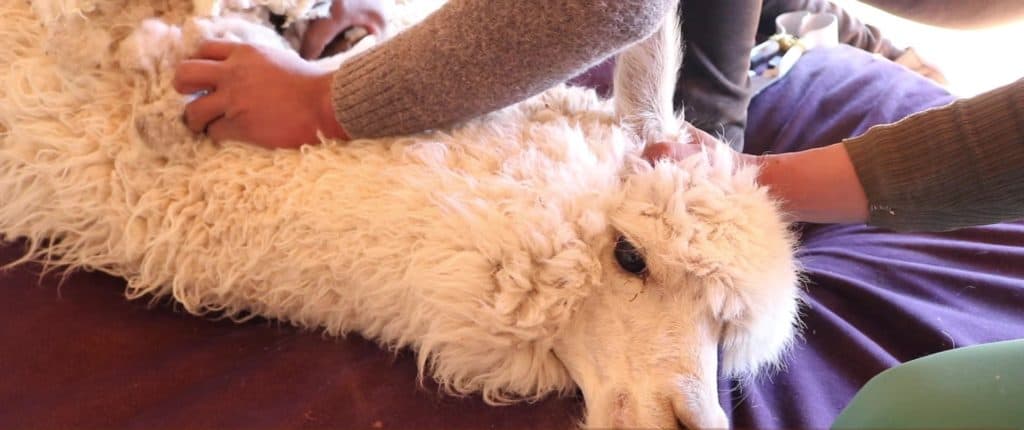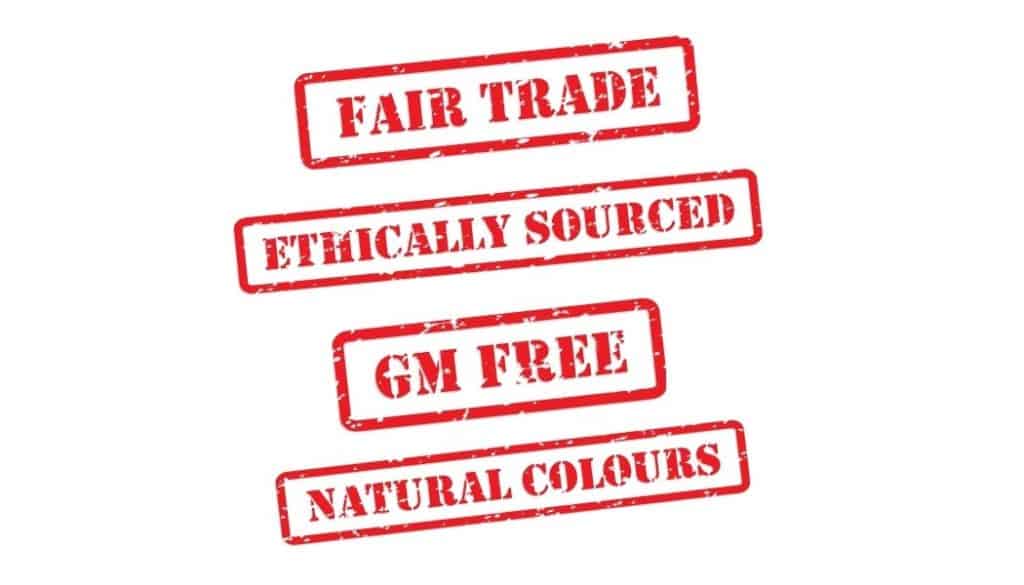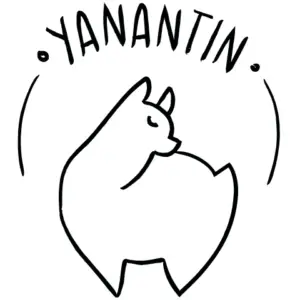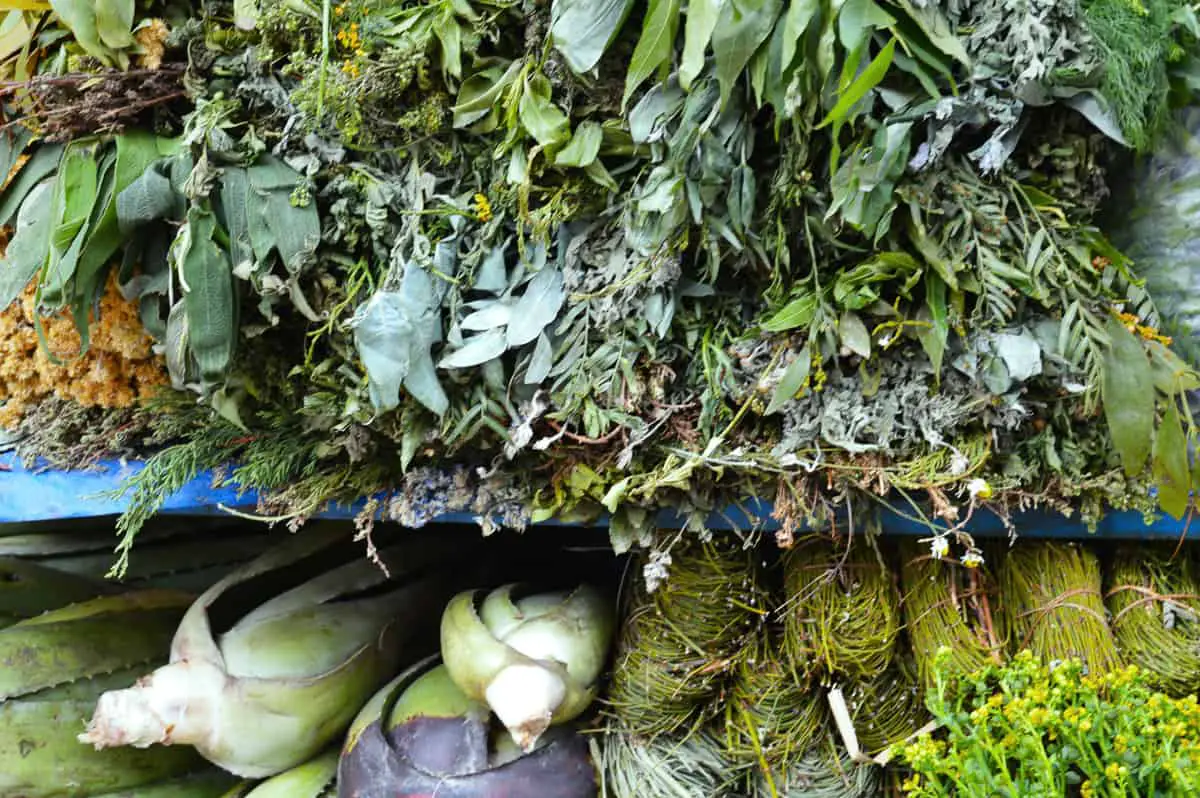Whether it is Veganuary or not, veganism is hot and so is alpaca wool. But can you actually wear alpaca wool and be vegan at the same time?
Sterling Heights Coconut Creek Alpaca wool is made of the fleece of an animal called an alpaca and is, therefore, an animal-derived product and thus not vegan. However, there are different degrees of veganism and some, like dietary vegans, may choose to use alpaca woolen products.
As you can see, the definition of veganism is not that black and white. Many people choose to become a vegan to support a more sustainable lifestyle. And that’s exactly why alpaca wool has gained its popularity over the past few years, too.
What Does it Mean to Be a Vegan?
According to the Vegan Society, the definition of veganism is as follows:
“A philosophy and way of living which seeks to exclude—as far as is possible and practicable—all forms of exploitation of, and cruelty to, animals for food, clothing or any other purpose; and by extension, promotes the development and use of animal-free alternatives for the benefit of animals, humans and the environment. In dietary terms it denotes the practice of dispensing with all products derived wholly or partly from animals.”
The Vegan Society
The truth is, each vegan has their own reasons for commiting to becoming a vegan. No two vegans are alike. For the purposes of this article, I’ll focus on dictionary definitions of the three main categories of veganism to answer the question: Is alpaca wool vegan?
Dietary Veganism
According to Wikipedia, some practitioners of veganism will only apply their restrictions to the food that they eat. Similar to vegetarianism, vegans don’t eat beef, pork, poultry, fowl, game, or seafood, but add (and here’s the difference) dairy, eggs, honey and anything else animal-derived to the restricted list.

There can be different reasons for choosing a vegan diet:
- health aspects
- concerns for animal wellfare
- animal rights
- environmental ethics and sustainability
- religious reasons
- activism against oppression (vegetarian ecofeminism)
Dietary vegans don’t necessarily refrain from using animal-derived products in other areas of their lives: they can still choose to wear wool, leather, or silk, and still use toiletries that have been fabricated with animal products.
Environmental Veganism
Environmental veganism (also known as environmental vegetarianism) is a branch of veganism that exists to create a sustainable diet and/or lifestyle in which the main focus is to decrease the negative impact of animal products on the environment, according to Wikipedia.
The difference between dietary veganism and environmental veganism is that the latter focuses on the environmental impact, with its main purpose to decrease the negative impact of pollution, deforestation, and unsustainable uses of water and land.

As we’ll see later, alpaca wool might be a good option for those who are concerned about the environment.
Ethical Veganism
Ethical veganism applies the same dietary restrictions as dietary vegans but extends veganism to all aspects of their lives. This includes clothing, toiletries, bedding, household products, etc.
An important aspect of ethical veganism is avoiding products that have been tested on animals, or products that can potentially cause harm to animals.

Ethical veganism exists because of the raised concerns regarding animal wellfare and treatment. They don’t believe that any food or product that is animal-derived can be in agreement with animal welfare, animal rights and environmental ethics.
Ethical veganism excludes products that require animal involvement altogether. It doesn’t matter whether the animal has been killed or not, as the only concern is the well-being of the animal.
Since alpaca wool is derived from an animal, it is, therefore, off-limits for ethical vegans. Dietary and environmetal vegans, however, can choose alpaca wool as a sustainable option for their wardrobes.
Where Does Alpaca Wool Come From?
Alpaca wool is yarn made of the hair of an animal called the alpaca.
Alpacas live in the Andean mountains and highlands in Peru, Bolivia, Ecuador, and Chile. A few alpacas have found their homes in other parts of the world, like the US, United Kingdom, and New Zealand.
Alpaca yarn is made by shearing an alpaca once a year during the shearing season (October – March in South America). This is the time of year during which the climate is milder than the rest of the year, and the alpacas happily let themselves be shorn.

Once the fleece is shorn, alpaca wool is brushed, carded, washed and dried before it is spun into yarn.
- For more information on how alpaca wool is made, I recommend another article I wrote: How Is Alpaca Wool Made and Is It Ethical?
Is Shearing Alpacas Ethical?
Alpaca wool is currently one of the most ethical sources of fabric that you can find. A large amount of alpaca wool still comes from Peru, where the animals live in their natural habitat and graze around freely.
Alpacas are not killed for their fleece. Alpaca wool is obtained by shearing the alpaca. Shearing means that their fleece is cut off using a razor or special scissors. Alpacas are not killed (or harmed) during this process.
After PETA came out with a video about maltreating alpacas at a large farm in Peru, concerns have been raised about how alpacas are treated and shorn. However, alpacas need to be shorn in order to prevent health issues.
The shearing process is very ethical and animal-friendly. With its increasing popularity, local governments and authorities are becoming more and more aware of the pressure (and desire) to live up to global standards and expectations.
- Avoid large-scale producers if you are worried about the animal-friendliness of your alpaca woolen garment. As a general rule of thumb, smaller alpaca farms might care more for their alpacas than the mass ones.
Why Do Some Vegans Use Alpaca Wool?
The choices vegans make are not as black and white as outlined in the definitions above. There are vegans that avoid animal products altogether, but there are others who tend to prefer alpaca wool over other types of fabrics.
A major reason for people to become vegan is the sustainability-aspect of it. Vegans might be happy to use alpaca wool because it is sustainable:
- alpaca wool is durable
- production requires little water
- alpacas requires little water
- alpacas are soft on the earth
- alpacas are not mass-farmed
- you barely need to wash alpaca woolen products
- alpacas come in many natural colors
Of course, there are many alternatives available to avoid animal-derived fibers alltogether (like these examples from PETA). However, not all alternatives remain uncriticized!
- Petroleum-based and synthetic fabrics (like polyester, nylon, and acrylic) and products have a negative impact on the environment!
Even compared to other types of wool, alpaca wool is considered to be more sustainable and much more ethically obtained. Alpaca wool does not relate to the unethical and immoral practises the sheep industry has been critiqued for.
Besides being cruelty-free, alpaca wool is also one of the more sustainable options available these days. The animal itself leaves hardly any footprint, the process of making the yarn uses very little water and minimal chemicals, and the yarn itself produces very durable items that don’t require a lot of washing.
People can base their choices on sustainable reasons and can choose to purchase high-quality, natural fabrics that are low maintenance and last longer to lessen the negative impact on the environment. Such choices can include alpaca wool.
- If sustainability is high on your agenda, read more here in another article I wrote: Is Alpaca Wool Sustainable?
Which Questions Should You Ask When Considering (Alpaca) Wool?
Whether you are vegan or not, I believe it is always important to ask yourself where something comes from and how it is made.
Unfortunately, there are way too many cases of unethical and immoral behavior towards animals, and a great step for everyone to take would be to question the source of our products (food and non-foods).
If you’re not sure if alpaca wool is right for you, here’s a quick checklist to see which aspects matter most to you:
| Personal conviction | Is alpaca wool a good option for you? |
|---|---|
| You don’t want to use any animal-derived products. | |
| You want to use materials that are produced locally. |  (unless you’re in Peru or you can find a local alpaca producer in your neighborhood!) |
| You want to use animal-derived products for which no animal was killed. | |
| You want to use materials that have little impact on the environment. |  |
| You want to use cruelty-free materials (that can be animal-derived). |  |
| You want to use materials that are ethically made. |  |
| You want to use materials that are natural (made with little chemical processes). |  |
| You want to use materials that are not mass-produced. |  |
Given that a lot of alpaca wool comes from South America, there are many projects that support the local people there, making a lot of alpaca wool fair trade, too.




